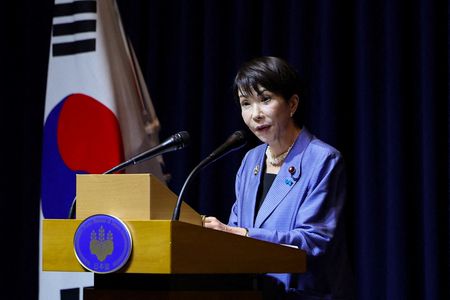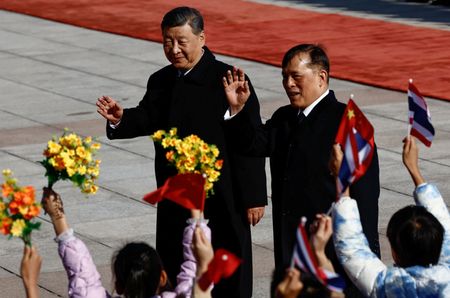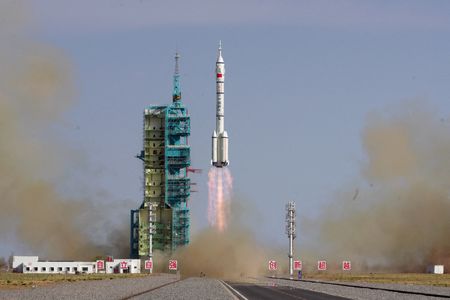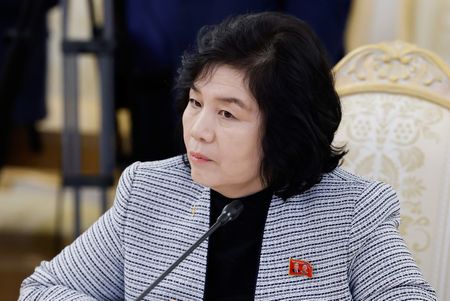SEOUL (Reuters) – South Korea’s Ministry of Land, Infrastructure and Transport said on Tuesday it has delayed a decision again on Google’s request for permission to export map data, saying it will make a final ruling once the company submits additional documents.
The ministry said in a statement that its National Geographic Information Institute would give Google 60 business days until February 5, 2026 to submit the additional material before making a decision.
South Korea previously rejected requests from Google, whose parent is Alphabet, for permission to use map data on servers outside the country, in 2016 and 2007, citing security concerns.
“For months, we’ve been actively engaging with the Korean government and are committed to working with them to help all users – both in Korea and globally – benefit from Google Maps,” Google said in a statement sent to Reuters.
In September, Google said it would comply with South Korea’s security-related request to ensure that coordinate information for areas within the country is not displayed to any users, either inside or outside South Korea. The company had earlier agreed to blur images of security facilities.
South Korea’s ministry, however, said on Tuesday Google had not yet filed an updated application reflecting this, arguing inconsistencies between Google’s earlier statements and its submissions were making the review difficult.
Google is seeking approval to export South Korea’s 1:5,000-scale map data, equivalent to 50 metres per centimetre, which the company says is the same scale used by domestic map services provided by Kakao Corp and Naver.
Google currently operates with both 1:5,000 and 1:25,000 scale data in South Korea, and says the latter is insufficient to support reliable navigation.
The negotiations with Google come amid efforts by South Korea and the United States to wrap up negotiations on tariff and security agreements between the allies.
(Reporting by Jack Kim, Ju-min Park and Heekyong Yang; Editing by Ed Davies)










